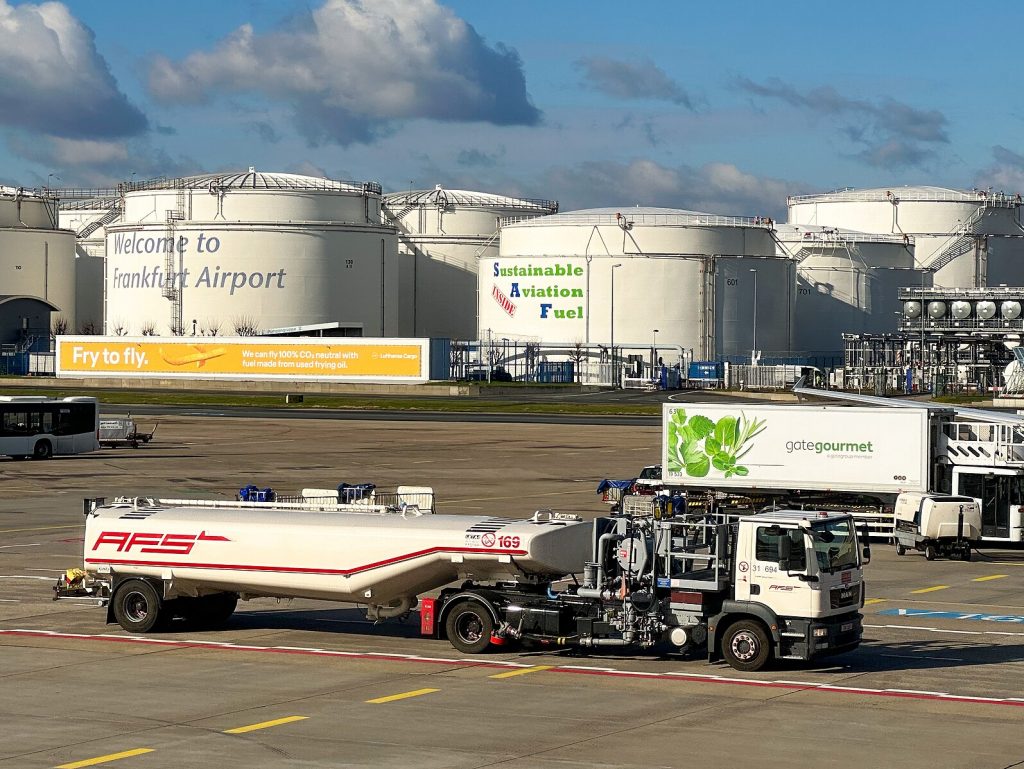
Trees in the Pit Lane
Formula 1’s Use of Sustainable Aviation Fuel (SAF) and Its Benefits
SAF is a renewable fuel from resources like agricultural biomass and cooking oil.
SAF can be blended with traditional fuels and used in existing engines without modifications.
Formula 1 ensures that SAF adheres to certified sustainable sourcing standards recognised by the aviation industry.
F1 is transitioning from traditional jet fuel to SAF for cargo flights, helping to reduce the sport’s carbon footprint from global travel.
Book and Claim’ System: F1 purchases SAF and claims the carbon reduction
F1 collaborates with airlines to use SAF for team and equipment transportation, significantly lowering emissions from travel.
F1 is working with stakeholders like Aramco to develop SAF for racing.
The aim is to introduce 100% sustainable fuels in hybrid race cars by 2026.
SAF can reduce lifecycle emissions by up to 80%, significantly decreasing F1’s environmental impact from logistics and travel.
Investing in SAF helps reduce reliance on non-renewable energy, aligning with F1’s sustainability goals.
Using SAF reduces the carbon footprint associated with F1’s global logistical demands, such as shipping equipment and personnel across continents.
Conclusion:
F1’s adoption of SAF is vital to its Net Zero Carbon by 2030 strategy.
F1 positions itself as a leader in eco-friendly practices, enhancing its image and appealing to a more environmentally conscious audience.
‘Is F1 going green? Next thing you know, they’ll be planting trees in the pit lane!’


